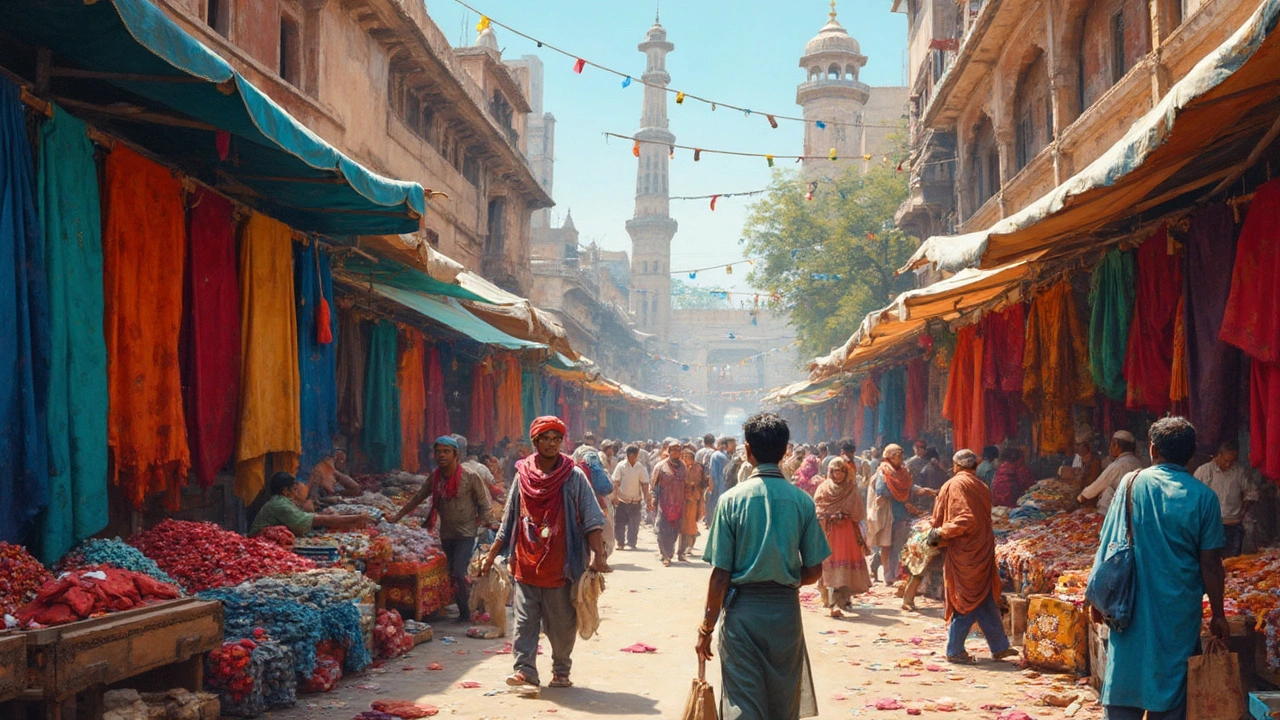Ahmedabad Manufacturing Insights
When talking about Ahmedabad, a bustling city in Gujarat famous for its industrial heritage and fast‑growing economy. Also known as Amd, it serves as a backbone for India's manufacturing story. The city’s strength lies in Textile Manufacturing, the production of cotton, synthetic blends and technical fabrics that power both domestic markets and exports, the vibrant Small Scale Industries, often called SSI, that turn local skills into niche products ranging from handcrafted furniture to specialized chemicals, and a growing Plastic Manufacturing, where resin processing and molded goods support packaging, automotive and consumer sectors. Together these sectors make Ahmedabad manufacturing a hub that fuels supply chains across India and beyond.
Why Ahmedabad Matters for Indian Manufacturing
Ahmedabad’s textile ecosystem isn’t just about looms; it’s a full‑stack network that includes yarn spinning, fabric dyeing, and advanced finishing techniques. Companies here benefit from a skilled labor pool, proximity to cotton farms, and logistics links to the ports of Kandla and Mundra. This combo drives high productivity and keeps unit costs low, which is why global brands often source fabrics from the city. The same ecosystem supports mass‑production principles – assembly lines, lean processes, and unit process optimization – that keep output steady and quality high.
Beyond textiles, SSI units thrive thanks to Gujarat’s business‑friendly policies. Entrepreneurs can start with modest capital, using locally available tools to produce everything from eco‑friendly furniture to precision metal parts. These small‑scale operations often act as feeders for larger manufacturers, providing components that feed the city’s automotive and pharma clusters. Speaking of pharma, Ahmedabad also hosts a cluster of pharmaceutical firms that leverage the city’s logistics advantage to ship medicines nationwide.
Plastic manufacturing adds another layer of diversity. Modern plants here convert petrochemical feedstock into resin pellets, which are then molded into packaging, automotive components, and consumer goods. The industry’s growth is tied to the city’s push for circular economy practices – recycling facilities turn post‑consumer waste back into raw material, supporting sustainability goals while meeting rising demand.
The synergy between textile, SSI, plastic, automotive and pharmaceutical sectors creates a resilient industrial fabric. Entrepreneurs, investors, and policy makers can tap into this ecosystem to launch new ventures, scale existing ones, or explore export opportunities. Below you’ll find a curated collection of articles that dive deeper into each of these themes – from high‑demand product trends to step‑by‑step guides for starting a manufacturing business with no prior experience. Explore the insights and discover how Ahmedabad’s manufacturing landscape can power your next move.
